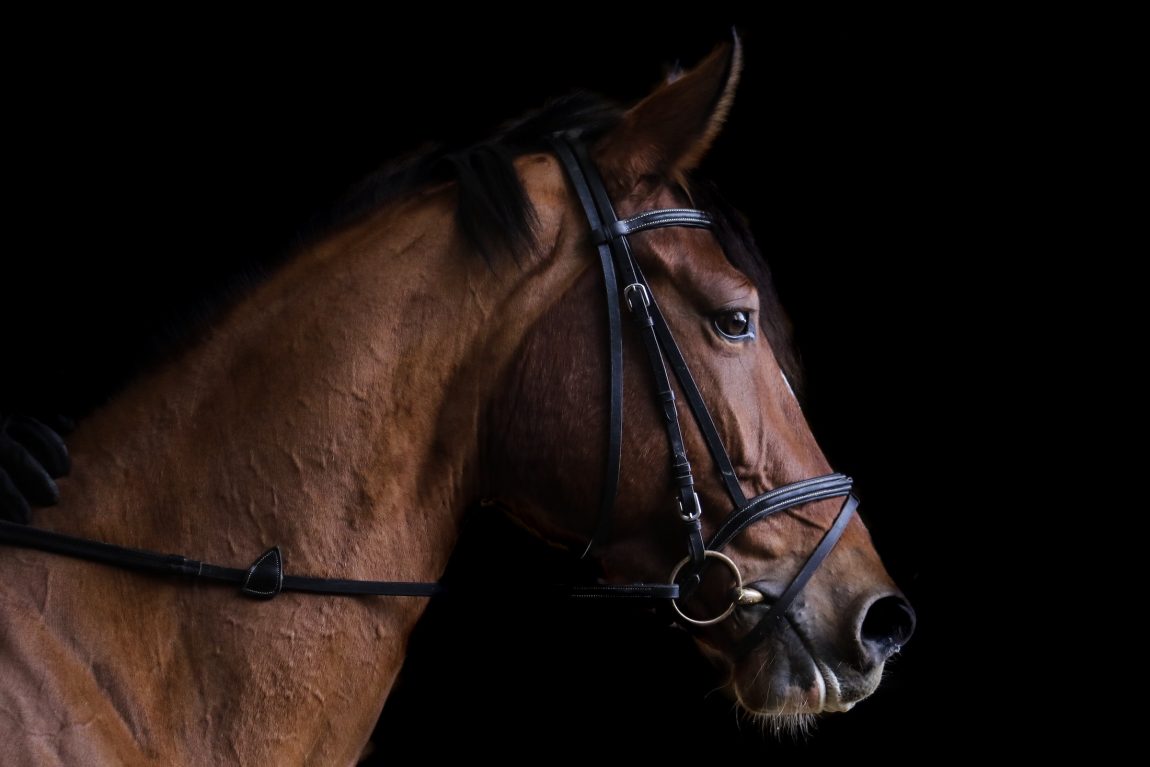The Enigmatic World of Horses: A Journey of Companionship and Evolution
Key Takeaways
- Horses, with their adaptable nature, have a rich history of evolution and domestication, intertwined with human development.
- Their unique anatomical features empower them for varied activities, from racing to therapy.
- The human-horse relationship is profound, extending beyond utility to emotional and psychological bonds.
- Advances in breeding and care practices reflect the diverse roles of horses in society.
- Horses significantly impact culture, recreation, and therapy, underscoring their importance in human life.
Growing up with the gentle nicker of horses as my morning alarm, my life has been a continuous journey of understanding and appreciating these magnificent creatures. From the robust draft horses of my family’s farm to the sleek racers thundering down tracks, each horse I encountered taught me something unique about resilience, grace, and the unspoken bond between species.
The evolution of horses is a captivating saga of transformation. Once small, multi-toed creatures, they evolved into the large, powerful beings that dominate our fields and hearts. This transition wasn’t just a matter of physical change but a testament to their incredible adaptability, which has been crucial in human history for transportation, agriculture, and even warfare.
Horse breeds are a fascinating reflection of human culture and intention. Each breed, from the muscular Quarter Horse to the elegant Arabian, encapsulates a specific purpose, shaped by centuries of selective breeding. Their diversity in form and function is not just a biological marvel but a cultural tapestry that narrates our shared history with these animals.
Their anatomy is a source of endless fascination for me. Consider the horse’s ability to sleep standing up, a survival trait that allows them to quickly escape predators. Or their digestive system, so uniquely adapted to convert grass into energy, sustaining their powerful muscles and energetic demeanor.
Beyond their physical capabilities, horses have a profound emotional and psychological impact on humans. The therapeutic effects of equine-assisted therapy are just one example of the healing power of these interactions. I’ve witnessed firsthand the transformational effects horses can have on people with disabilities, offering them a sense of freedom and achievement that is often hard to find in other aspects of their lives.
My childhood was filled with awe at the variety of horse breeds and their capabilities. The graceful dance of a dressage horse, the exhilarating speed of a Thoroughbred, and the steadfast strength of a draft horse each tell a story of partnership and purpose between humans and horses.
Horses have left an indelible mark on our culture and society, symbolizing freedom, power, and nobility. Their depiction in art and literature speaks volumes about their role in human civilization, transcending mere utility to become icons of beauty and strength.
In the end, horses are not just animals; they are companions, teachers, and symbols of our deepest desires for connection and freedom. As we continue to shape their roles in our society, they, in turn, shape us, teaching lessons of compassion, teamwork, and the sheer joy of galloping alongside a trusted friend.
Frequently Asked Questions
- What are the main uses of horses today?
Horses grace our lives in numerous ways, from leisurely trail rides to competitive sports, and therapeutic sessions to practical work in fields and police forces. - How have horses adapted to their roles in society?
Through the ages, horses have been molded by selective breeding to excel in roles that demand specific physical and mental attributes, adapting to tasks as varied as plowing fields and racing at breakneck speeds. - Why are different horse breeds significant?
Breeds encapsulate the evolution of horses alongside humans, each with traits honed for specific climates, tasks, and riding disciplines, highlighting our intertwined histories. - How do horses communicate with humans and their kin?
Horses communicate through nuanced body language, expressive vocalizations, and complex behaviors, revealing their intelligence and emotional depth in interactions with humans and their own kind. - What challenges are involved in horse care?
Providing for horses is a complex dance of meeting their nutritional, health, and emotional needs, demanding diligent care, regular veterinary attention, and an understanding of their social nature.





